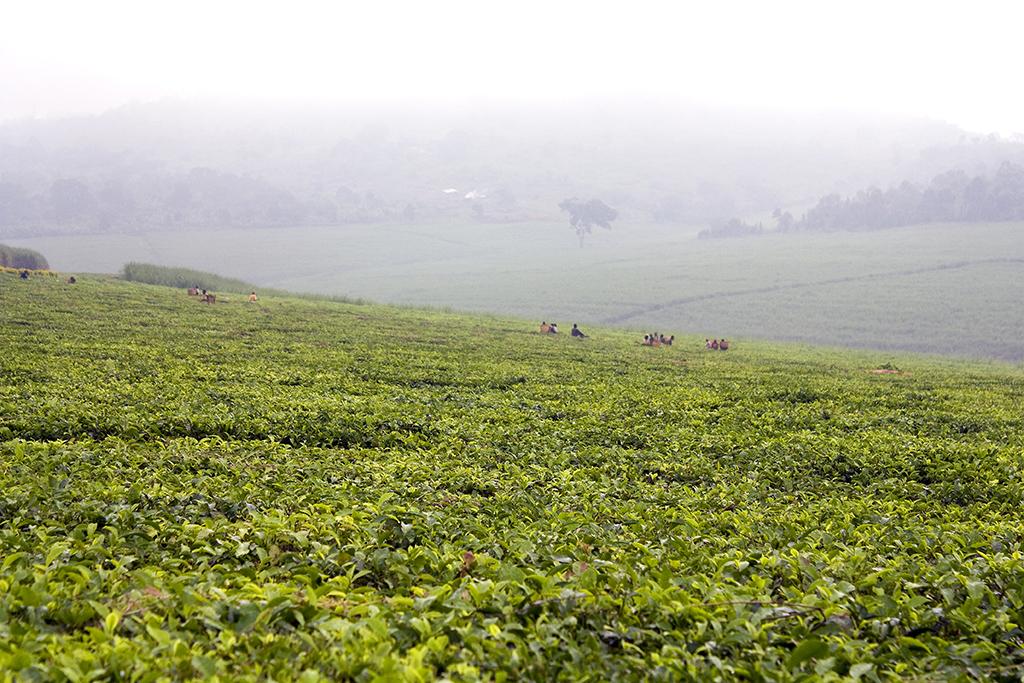
Strengthening the Use of Evidence for Development Impact (SEDI)
Strengthening the Use of Evidence for Development Impact (SEDI) was to have been a multi-year programme that worked on increasing the use of evidence by policy makers in Uganda, Ghana, and Pakistan. In partnership with country governments, this programme aimed to develop capacity and promote innovation in increasing evidence-informed decision making. SEDI was funded by UK’s Foreign, Commonwealth & Development Office (FCDO). The project closed after two years due to funding changes.
The challenge
SEDI built on the lessons learned from DFID’s Building Capacity to Use Research programme (BCURE) in 2013-2017, which recognised that the generation of research alone is insufficient to ensure that policies are informed by evidence. The BCURE experience highlighted the often limited demand for, and use of, evidence in policymaking processes and identified a number of key constraints that need to be addressed to improve this. These included political economy factors, evidence accessibility, individual and organisational capacity, as well as incentives. SEDI offered an opportunity to examine these constraints and design, pilot, and test possible approaches for addressing them.
Our approach
Based on the shared value of co-creation, this multi-country partnership drew on the wealth of expertise and experience of multiple organisations. SEDI worked with policymakers and other key stakeholders to design, pilot, and implement interventions in a politically informed, adaptive and equity responsive manner.
INASP led the capacity development technical workstream of the project.
Outcomes and wider impact
SEDI sought to:
-
increase the instrumental use of evidence to directly inform policy or programme decisions taken by country governments
- increase the embedded use of evidence in processes, systems, and the working culture of governments.
SEDI’s work in each of the focus countries began by undertaking a political economy analysis of evidence use. Understanding political economy dynamics within policymaking and programming is crucial for identifying opportunities for catalysing change. The consortium developed an innovative methodological framework that combined multiple lenses and used this to carry out in depth analyses of evidence use in policymaking in Ghana, Uganda and Pakistan.
During COVID-19, SEDI supported government partners in using evidence to inform their response efforts and partnered with government agencies in Uganda and Pakistan to carry out organisational diagnostics of evidence use.
As technical lead for capacity development, INASP worked with consortium partners to:
- Facilitate the collective production of an overarching capacity development approach responding to learning in the sector and SEDI’s unique aims
- Develop and support implementation of an approach integrating an organisational lens into the political economy analysis, drawing on the ‘Triple A’ analysis from Problem Driven Iterative Adaptation (PDIA) approaches.
- Adapt a systems driven, problem-based approach to organisational change and support its implementation in participatory diagnostics with two government agencies to identify priority areas for the project to focus on
- Codesign an adaptive and evidence informed technical design for the consortium including a flexible ‘toolbox’ to draw on in piloting and adapting interventions to respond to the problems identified through the diagnostic
- Support scoping and learning work in other areas of the programme including co-authoring a learning brief on Ghana civil service capability models
About the consortium
The SEDI consortium was led by Oxford Policy Management and comprised national, international, and regional partners. The national lead organisations – the Africa Center for Economic Transformation (ACET) in Ghana, Economic Policy Research Centre (EPRC) in Uganda, and the Sustainable Development Policy Institute (SDPI) in Pakistan – provided programme leadership, government engagement and coordination in each country.
The international partners – the International Network for Advancing Science and Policy, the International Initiative for Impact Evaluation, ODI, and Oxford Policy Management – as well as the regional partners – the African Institute for Development Policy and the Africa Centre for Evidence – worked closely with country leads to contribute their knowledge and experience working with governments across the world to promote evidence informed development.


